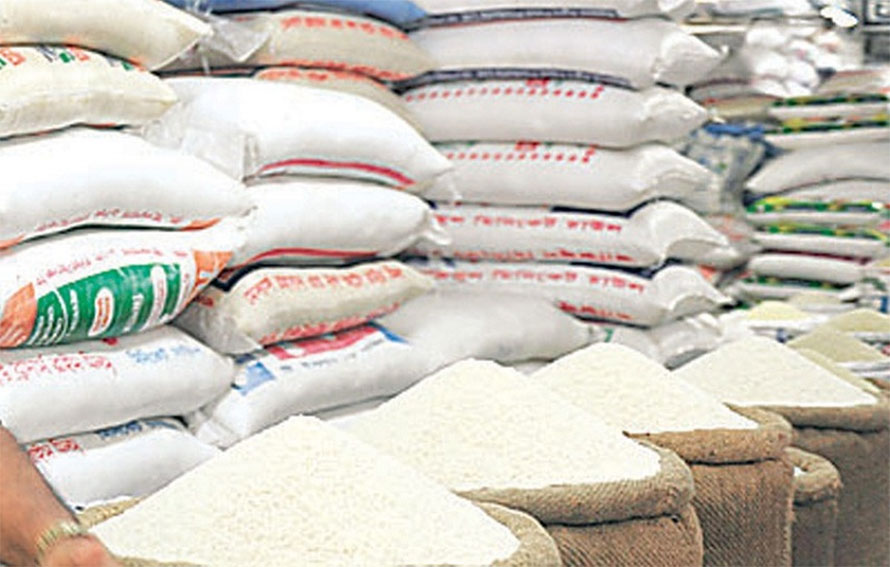Kathmandu: The government has communicated with India through a letter, requesting the supply of 155,000 tons of rice (grains) due to the potential impact of India’s export restrictions on the third country.
As a result of India’s policy of export restrictions, which could affect supplies in the Nepali market, the government has initiated a formal communication with the Indian government to request the import of rice, grains, and sugar.
Minister of Industry, Commerce, and Supplies, Ramesh Rijal, informed that Nepal has requested India to supply 100,000 tons of rice, 50,000 tons of sugar, and 5,000 tons of paddy.
Although the letter regarding this issue was delivered to the Indian Embassy on Tuesday, there has been no official response yet, according to Ministry of Foreign Affairs spokesperson Radhika Aryal.
Due to the potential impact of the Indian decision on the Nepali market, spokesperson Aryal informed that Nepal has made a formal effort to solve the issue by appealing for increased import quotas for food grains.
“We have made an official letter of request to India for the import of food grains,” stated spokesperson Aryal, “We are waiting for a positive response.”
Although in informal conversations, the Indian side has reportedly indicated that the ban will not apply to Nepal, they have taken formal initiatives for resolution due to the visible impact in the Nepali market, as spokesperson Aryal explained.
Following India’s declaration of the export ban, the Central Monitoring Committee, which convened on July 14, had decided to make the supply of food grains easier. Discussions within the ministry had informed that food entrepreneurs will have permission to import rice and paddy until the month of October.
Similarly, it was conveyed that even the government’s food system and trading companies have sufficient stock of rice and paddy up to October, as spokesperson Aryal shared.
Regarding sugar, as internal production is not sufficient to meet the demand, the government has started importing an additional 50,000 tons. “Currently, there is around 180,000 tons of production in the Nepali market. If it doesn’t decrease, then the demand for additional import arises,” noted spokesperson Aryal.



COMMENTS